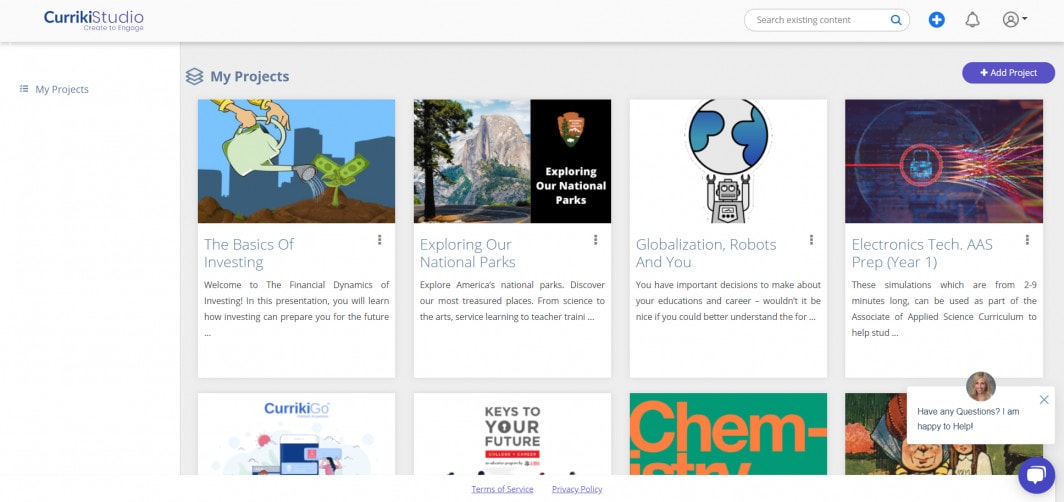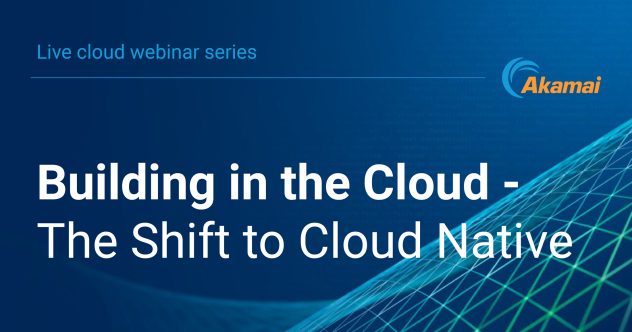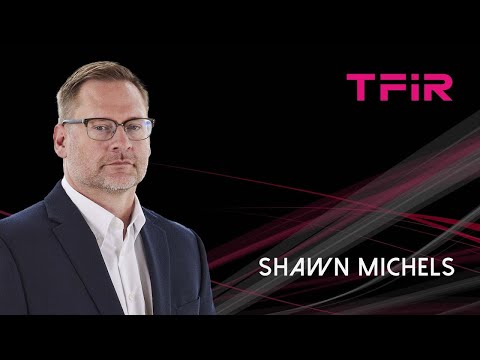K-12 online learning tools are often fragmented and expensive. Budget-conscious schools and districts learned this first-hand after being forced to move to virtual classrooms amid a global pandemic.
From this once-in-a-lifetime confluence of market factors emerged a second act from non-profit, open source education advocate Curriki. Launched out of a goodwill project from Sun Microsystems in 2007 to create a collaborative space for educators—resulting in the first-ever open repository of lesson plans and other teacher-facing materials—Curriki expanded its mission to include the development of CurrikiStudio, the first free and open digital authoring and publishing tool.
Enter Curriki CTO Leo Cunha. He shares the belief that solutions to problems in education must come from a free and open approach, providing not just open content, but open technologies that are easy to use. When Leo joined Curriki, the sheer volume of shared educational resources was overwhelming. That’s when he and others recognized a second lapse in the market—the need for delivering high-quality, engaging, and immersive education in a way that was cohesive and efficient. Another uncompromising factor was that it had to be easy to use and quick to learn.

Because Leo had a prior relationship with Linode, it created “a perfect storm” to develop an open source tool that was as good or better than the commercial products, which were often cost-prohibitive for small school systems. The Curriki team wanted to work with a cloud provider that could give personal support while not breaking the bank.
Over the years, Leo had seen Linode improve performance on multiple development sites he had worked on and remembers asking himself, “How do we get high quality at a decent price point?” There wasn’t much convincing that needed to be done; Curriki was already using Linode for a couple of services running on Linux.
CurrikiStudio, a robust, searchable community-created library of content, brings learning tools together in one place and allows for an interactive, engaging experience without high cost or friction of disparate systems. Users can generate their own content, install it inside a cloud environment of their choosing, and publish it anywhere, to any learning management system. The code is completely free. Curriki is working with cloud providers like Linode to make sure installation costs are minimal.
Leo also makes use of Linode’s catalog of high-availability technologies to deploy them efficiently, as well as their help in leveraging open source orchestration tools like Docker and Kubernetes.
Above all, Curriki cites costs at extreme levels of scale as the biggest challenge in providing an open source library. Curriki serves English-speaking educational markets in the US, UK, Australia, and India, and is looking to expand even further. In the US alone, Curriki touches more than 50 million students in 14,000-plus districts. With the potential to generate tens of millions of resources, distribution has to be as efficient as possible. And as the volume of resources grows, distribution at scale is even more critical.
Thankfully, the way that Linode approaches its traffic and network lends itself to this large-scale public service operation with CPU, transfer, storage, and RAM bundled into one simple price. Inbound traffic is free and not counted against network transfer quotas, which represent the total monthly amount of traffic services can use as part of Linode plans’ basic pricing.
With the goal of being an open source blueprint for K-12 education, Curriki allows customers to install and distribute the product on their cloud platform of choice. Linode becomes the perfect option when customers don’t already have an established relationship with another provider.
“What I love about Linode is the genuineness of questions from the team about the goals we want to accomplish. They ask questions that lead to solutions. We’ve built a strong trust and mutual respect with the team at Linode because they take time, consideration, and genuine interest in being a part of our solution,” said Leo. “If you want to solve problems, this is the organization you want to work with.”




